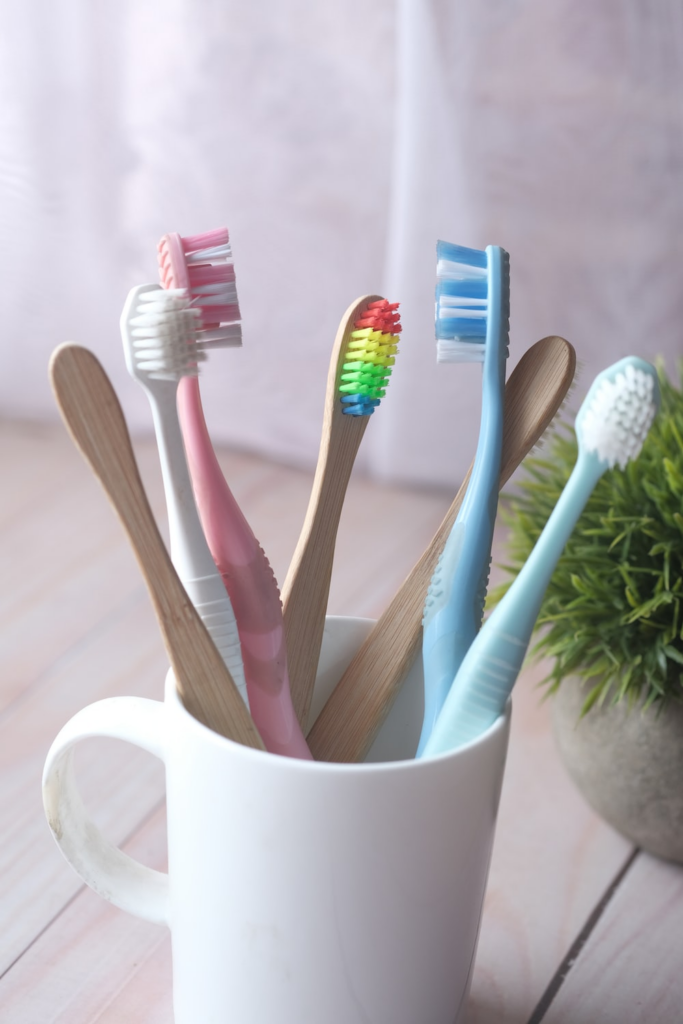
Maintaining proper oral hygiene is essential for overall health and confidence. One important tool in this arsenal is mouthwash. In this comprehensive guide, we’ll dive into everything you need to know about mouthwash – from its benefits to proper usage and the different types available. Let’s get started!
Table of Contents
- Introduction
- The Benefits of Using Mouthwash
- Understanding Different Types of Mouthwash
- Fluoride Mouthwash
- Antiseptic Mouthwash
- Cosmetic Mouthwash
- How to Use Mouthwash Effectively
- Step-by-Step Guide
- Dosage Recommendations
- Addressing Common Misconceptions
- Choosing the Right Mouthwash for You
- Incorporating Mouthwash into Your Daily Routine
- Morning Routine
- Nighttime Routine
- Mouthwash and Gum Health
- Mouthwash vs. Traditional Oral Care
- Alcohol-Free Mouthwash: Is It Worth It?
- DIY Natural Mouthwash Recipes
- Mouthwash for Fresh Breath
- Children and Mouthwash: What Parents Should Know
- The Future of Oral Hygiene: Innovations in Mouthwash
- Conclusion
Introduction
Mouthwash, also known as oral rinse, is a liquid product used to enhance oral hygiene. It’s typically used after brushing and flossing to reach areas that might have been missed during regular cleaning. With a variety of options available, finding the right mouthwash for your needs can greatly contribute to your overall dental health.
The Benefits of Using Mouthwash
Mouthwash offers numerous benefits, including:
- Reducing Plaque and Gingivitis: Antiseptic mouthwashes help kill bacteria that cause plaque buildup and gum disease.
- Cavity Prevention: Fluoride mouthwashes aid in preventing cavities and strengthening enamel.
- Freshening Breath: Mouthwash helps fight bad breath, providing a clean and fresh feeling.
- Promoting Healing: Certain mouthwashes can aid in healing canker sores and other minor mouth irritations.
- Germ Killing: Antiseptic mouthwashes target harmful bacteria that brushing might miss.
Understanding Different Types of Mouthwash
Fluoride Mouthwash
Fluoride mouthwashes are formulated to protect and strengthen teeth. They help remineralize weakened enamel and prevent tooth decay.
Antiseptic Mouthwash
Antiseptic mouthwashes contain agents that kill bacteria and fight bad breath. They are especially effective in reducing plaque and gingivitis.
Cosmetic Mouthwash
Cosmetic mouthwashes are designed to mask bad breath temporarily and provide a pleasant taste. They don’t offer therapeutic benefits like antiseptic or fluoride mouthwashes.
How to Use Mouthwash Effectively
Step-by-Step Guide
- Pour the recommended amount of mouthwash into a cup.
- Swish the liquid around your mouth for 30-60 seconds.
- Spit out the mouthwash – do not swallow it.
- Avoid eating or drinking for at least 30 minutes after use.
Dosage Recommendations
Follow the instructions on the mouthwash label. Using too much or too little can affect its effectiveness.
Addressing Common Misconceptions
Contrary to popular belief, mouthwash is not a substitute for brushing and flossing. It’s a valuable addition to your oral care routine but shouldn’t replace these fundamental practices.
Choosing the Right Mouthwash for You
Consider your oral health needs when choosing a mouthwash. Consult your dentist for recommendations tailored to your specific conditions.
Incorporating Mouthwash into Your Daily Routine
Morning Routine
Use an antiseptic mouthwash to start the day with fresh breath and reduced bacteria.
Nighttime Routine
Incorporate fluoride mouthwash before bed to strengthen enamel and prevent cavities while you sleep.
Mouthwash and Gum Health
Antiseptic mouthwashes help prevent gum disease by targeting bacteria that lead to gingivitis and periodontitis.
Mouthwash vs. Traditional Oral Care
Mouthwash complements brushing and flossing, offering an extra layer of protection against oral health issues.
Alcohol-Free Mouthwash: Is It Worth It?
Alcohol-free mouthwashes provide similar benefits without the burning sensation, making them a gentler option for those with sensitive gums.
DIY Natural Mouthwash Recipes
Explore natural alternatives like a mix of water, baking soda, and essential oils for a DIY approach to oral care.
Mouthwash for Fresh Breath
Mouthwash provides a quick and effective solution for combating bad breath, especially when you’re on the go.
Children and Mouthwash: What Parents Should Know
Consult a pediatric dentist before introducing mouthwash to your child’s routine to ensure safety and suitability.
The Future of Oral Hygiene: Innovations in Mouthwash
Researchers are continually developing advanced mouthwash formulas to target specific oral health issues more effectively.
Conclusion
Mouthwash is a valuable tool for maintaining excellent oral hygiene. By choosing the right type and using it correctly, you can enhance your oral care routine and enjoy the benefits of healthier teeth and fresher breath.



